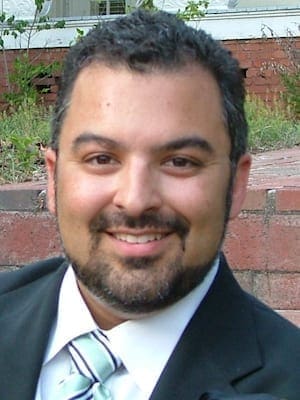I fear that some people see hymns only as nostalgic remnants from the church of yesteryear, that hymns are only useful to pass the time at funerals or revival services.
Hymns, however, play more of a role than that, and research suggests that hymns contribute to our theology and vision of the world just as much as Scripture, prayer and sermons do on a weekly basis.
Hymns are not the stuff of a stuffy church; rather, they shape beliefs and have the power to inspire ministry and missions with an ever-creative God who gives us a song to sing.
I have come to appreciate a group of contemporary hymns that empower and engage congregations, craft theology and embody God’s mission for the world.
Some are better than others, and most rely on well-known tunes, but they contribute something fresh to a church still in need of a “new song” to sing (see Psalm 98:1). These hymns have in common the theme of justice.
Primarily published in the closing pages of the “Celebrating Grace” hymnal, they speak of God, our relationship to God and our fundamental Christian concern for God’s world and our neighbors. They call us to believe, to decide and to act.
One hymn is “Show Us How to Stand for Justice,” authored by Martin Leckebusch and copyrighted in 2000. Set to the tune of “Pleading Savior,” it contains themes that clearly define the hopes and dreams of churches that stand on the cusp of a new century.
The first verse addresses the need for collaboration among Christians in order to reflect an inclusive and grace-filled gospel.
We “work for what is right” and “walk within the light.” We admonish each other to share with neighbors and fight against the greed that defined economic bubbles sweeping the late 1990s. It is collaborative, but pro-life; hesitant with success, but rich with mercy.
The second verse deals with our hearts and minds, knowing all too well that our motives must match the sincerity of our actions. It places the very essence of justice in the life and sacrifice of Jesus our savior.
The third verse intends to send out a congregation on mission, mindful that our lifestyles not just at church, but Monday through Saturday, should reflect the love, compassion and grace of the very God we worship on Sunday. It is not something we do alone, but with the “Spirit’s gracious prompting.”
The theology of this song is not introverted or insular; it assumes that the Spirit is at work in the world, and we are to join God out there.
Another hymn is “Let Truth and Mercy Find Here” by Ken Medema.
I’ve had the privilege of worshipping with Medema at the helm. He is a songwriter and musician who, though blind from a very young age, offers music both insightful and full of vision for sacred liturgy.
One of the most powerful ideas in this hymn is its insistence that, by sharing together in the love of Christ, congregations and the church at large have the power to turn strangers into friends.
While “scheming darkness and evil power” may manipulate people, communities and nations for its own sake, Christ’s “peace and justice” is a mighty stream that can cut through the harshest environments and pave a way for a united, dreaming community.
God’s truth is a “flame” that is “blazing,” one that draws people toward the gospel, but then enacts the truths of Pentecost. Spirit-filled people have visions, dream dreams and prophesy on behalf of others for the sake of Christ’s compassion and for the salvation of a world still in need of redemption.
This is not an individual task only; it is the fundamental calling of the church in the 21st century, born out of the need to be Christ’s ambassadors of reconciliation.
Hymnody that celebrates God’s provision and encourages God’s people to act justly are nothing new.
These are gems in the mines of a sacred church called from one generation to another to serve the world that God so loved and, by doing so, bring justice to bear in season and out.
The words may be new and tunes familiar, but it is a theme that shapes our theology of place, time and sacred space all the same.
Joe LaGuardia is senior pastor of First Baptist Church in Vero Beach, Florida. He is the author of “Awe and Trembling: Reflections for the Christian Journey,” a book of articles and homilies. A version of this article first appeared on his blog, Baptist Spirituality. It is the first in a series on his blog focused on celebrating sacred music of the church. It is used with permission.
Joe LaGuardia is senior pastor of First Baptist Church in Vero Beach, Florida.

